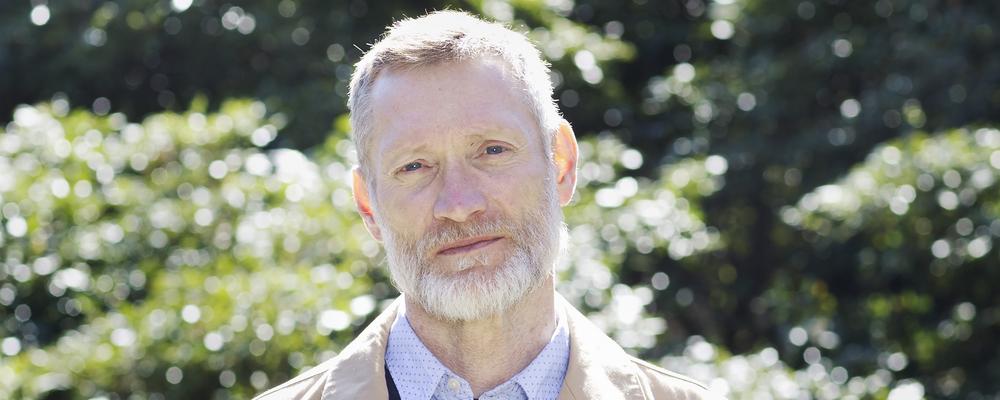The book entitled "Communicating Science. A global perspective" is the first study to describe how science communication has developed around the world during the last fifty years. It covers 39 countries; advanced nations in Europe, Asia and the Americas, and emerging economies such as Russia, Jamaica, Estonia, Iran, and Pakistan.
Modern science communication has emerged in the twentieth century as a field of study, a body of practice and a profession—and it is a practice with deep historical roots. How did it all begin? How has development varied from one country to another?
”What motivated governments, institutions and people to see science communication as an answer to questions of the social place of science? What were the special conditions of the Scandiavian countries in this process?. These are some of the questions I investigate and write about in the chapter about Scandinavia”, says Dick Kasperowski, researcher on Theory of Science at the Department of Philosophy, Linguistics and Theory of Science.
Co-authers of the Scandinavian chapter are Per Hetland, University of Oslo and Kristian Nielsen, University of Aarhus.
"The book represents the largest collaborative effort promoted by the global Network for Public Communication of Science and Technology (known by its acronym in English as PCST) that accounts for the social, scientific and political contexts that have marked the development of the scientific dissemination in different countries. We have in our hands the first global mapping of the history and achievements in this professional field ”, says Ana Claudia Nepote, member of the PCST scientific committee.
Communicating Science. A global perspective consists of 40 chapters, 996 pages, and is available for free download at ANU Press: https://press.anu.edu.au/publications/communicating-science. Printed copies will be printed on demand.
Contact: Dick Kasperowski, dick.kasperowski@theorysc.gu.se
